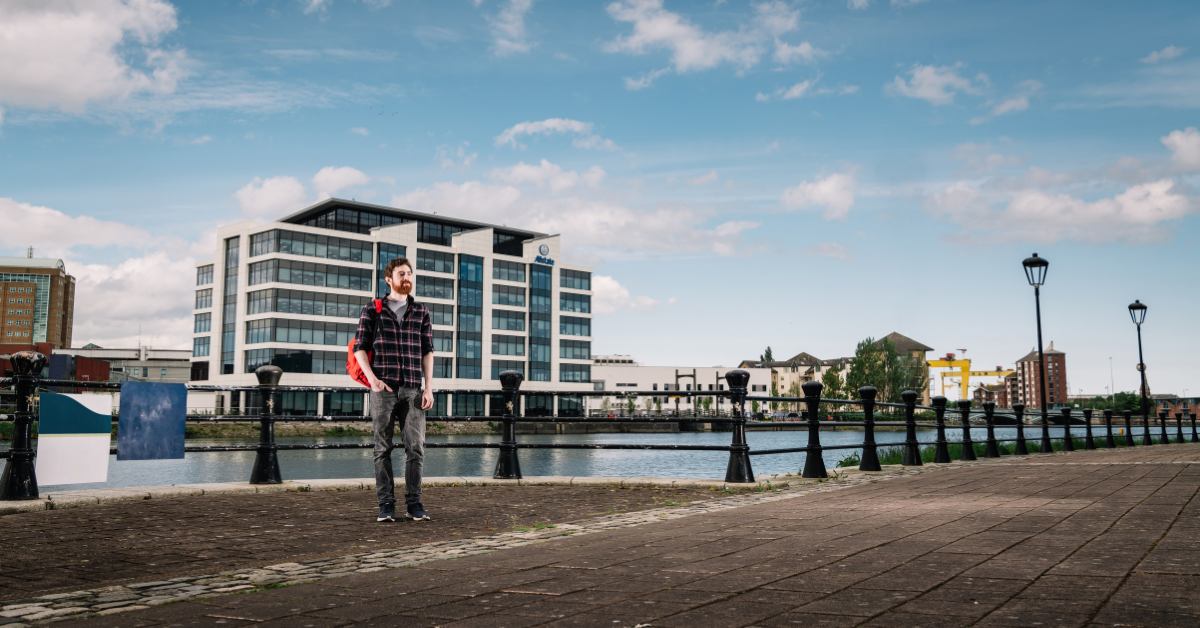As a university student, you’re likely focused on acquiring knowledge and skills specific to your chosen field of study. However, it’s important to recognize that developing transferable skills can have numerous benefits that extend beyond your academic journey. In this blog, we will explore ten key advantages of transferable skills and how they can enhance your employability, career prospects, and personal growth.
- Enhanced Employability: Transferable skills are highly sought after by employers as they can be applied across various roles and industries. By developing these skills, you significantly improve your chances of securing employment after graduation. Employers value candidates who possess a diverse skill set, as it demonstrates adaptability and the ability to contribute effectively to different work environments.
2. Career Flexibility: Transferable skills provide you with the flexibility to explore different career paths and adapt to changing job market demands. With these skills, you can transfer your capabilities to new roles and industries, allowing for greater career mobility. This versatility empowers you to seize opportunities that align with your evolving interests and aspirations.
3. Increased Market Value: Recognizing and developing transferable skills increases your market value as a potential employee. Employers recognize the value of these skills and are often willing to offer higher salaries or better opportunities to candidates who possess them. Your ability to contribute in various areas and adapt to new challenges makes you an asset to any organization.
4. Adapting to Change: Transferable skills equip you with the ability to adapt to new situations and challenges. As the workplace continues to evolve, being adaptable and open to change is crucial for success. Developing these skills helps you embrace new technologies, work methods, and industry trends, ensuring your relevance in a dynamic professional landscape.
5. Effective Communication: Communication skills are essential across all fields and highly valued by employers. Enhancing your ability to articulate ideas, listen actively, and convey information effectively benefits you in your academic, professional, and personal life. Strong communication skills enable you to connect with others, build relationships, and collaborate successfully.
6. Collaboration and Teamwork: Collaboration is an essential skill in the workplace. Developing your ability to work effectively in teams, collaborate with diverse individuals, and contribute positively to group dynamics enhances your employability and makes you a valuable team member. These skills enable you to navigate interpersonal relationships, foster creativity, and achieve collective goals.
7. Problem-Solving and Critical Thinking: Transferable skills such as problem-solving and critical thinking enable you to approach challenges from multiple perspectives, analyze complex situations, and develop innovative solutions. These skills are valuable in all areas of life, including academia and the workplace. Employers seek individuals who can think critically, solve problems efficiently, and make informed decisions.
8. Leadership Potential: Recognizing and developing transferable skills can help you nurture your leadership potential. Skills like decision-making, conflict resolution, and delegation are essential for effective leadership and can be developed through various experiences and opportunities. Leadership qualities are highly regarded by employers and can open doors to managerial positions and increased responsibilities.
9. Personal Growth: Developing transferable skills goes beyond professional benefits. It also promotes personal growth by enhancing self-awareness, self-confidence, and self-motivation. These skills can positively impact your personal relationships and overall well-being. As you develop these skills, you become better equipped to handle challenges, communicate your needs, and build meaningful connections with others.
10. Lifelong Learning: Transferable skills foster a mindset of continuous learning and personal development. By recognizing and developing these skills, you cultivate a desire to acquire new knowledge and enhance existing abilities, leading to ongoing growth throughout your life. This commitment to lifelong learning ensures that you remain adaptable and resilient in the face of evolving demands.
Conclusion: Recognizing and developing transferable skills is a transformative journey that can greatly enhance your employability, career prospects, and personal fulfillment. These skills empower you to navigate a rapidly changing world and embrace new opportunities. By investing in your transferable skills, you unlock your potential for success in both professional and personal spheres, paving the way for a rewarding and fulfilling future.
Find more careers advice here.














